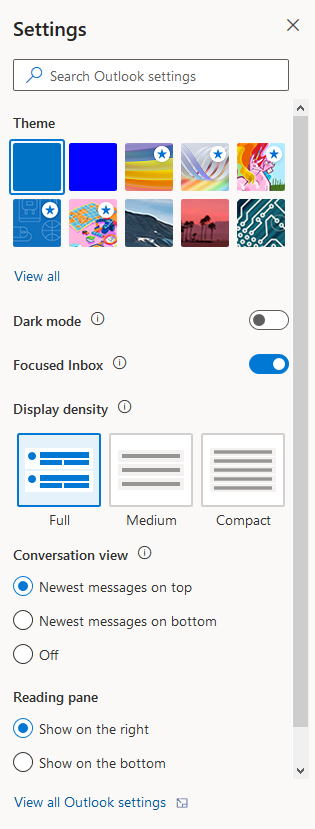
“I started feeling like a person…I guess I could love myself and like who I saw. When he left the facility, he began feeling mentally well.

For me, you know, when I first started it was kind of freaky, kind of scary, something that was new and I didn’t really know what to expect, and I guess that was where vulnerability snuck in the first time,” Phelps said. “As soon as I came out, I continued the therapy that I had in my treatment center. In 2014, Phelps checked himself into an in-patient treatment center, where he spent 45 days. “I then just decided that it was time to take a step to try to find a different route, a different path,” he said. In the depths of his depression, Phelps stayed in his room for several days, contemplating what to do next. “I felt like I didn’t want to be alive anymore and I felt for me that I was causing a lot of stress and issues for other people around me, so I thought the best thing for me to do was just leave,” he explained. However, his push to self-reflection and self-awareness didn’t occur until 2014 when he received his second DUI. “ kind of compartmentalized those feelings and sure enough over time, they decided to reappear whenever they wanted until I was able to get a better understanding of who I am and how I work and why and how I am,” said Phelps. He took a short break, but jumped back into training shortly after the 2004 Olympics ended, going on to compete in the 20 Olympics. “ work so hard for four years to get to that point, and then it’s like you’re…at the top of the mountain, you’re like what the hell am I supposed to do? Where am I supposed to go? Who am I?” he said.

In 2004, after winning six gold and two bronze medals at the Athens Olympics, Phelps said he felt “post-Olympic depression” for the first time. But mentally that wasn’t the case,” Phelps told Healthline.Īfter living with depression, anxiety, and suicidal thoughts for years, he began prioritizing putting equal emphasis on his physical and mental health. If I needed to get stronger, there were 10 people finding out ways for me to get stronger.

“Throughout my career, I had a team of people around me that were paying attention to my physical health. And the most decorated American Olympian of all time also works on his mental health daily. Photography courtesy of Lee Seidenberg for TalkspaceĮvery day, Michael Phelps works out in his home gym. Share on Pinterest “ I can’t expect to have every answer today, but I also have to give myself forgiveness because I’m still learning and at times that is hard,” says Michael Phelps about his mental health journey.


 0 kommentar(er)
0 kommentar(er)
